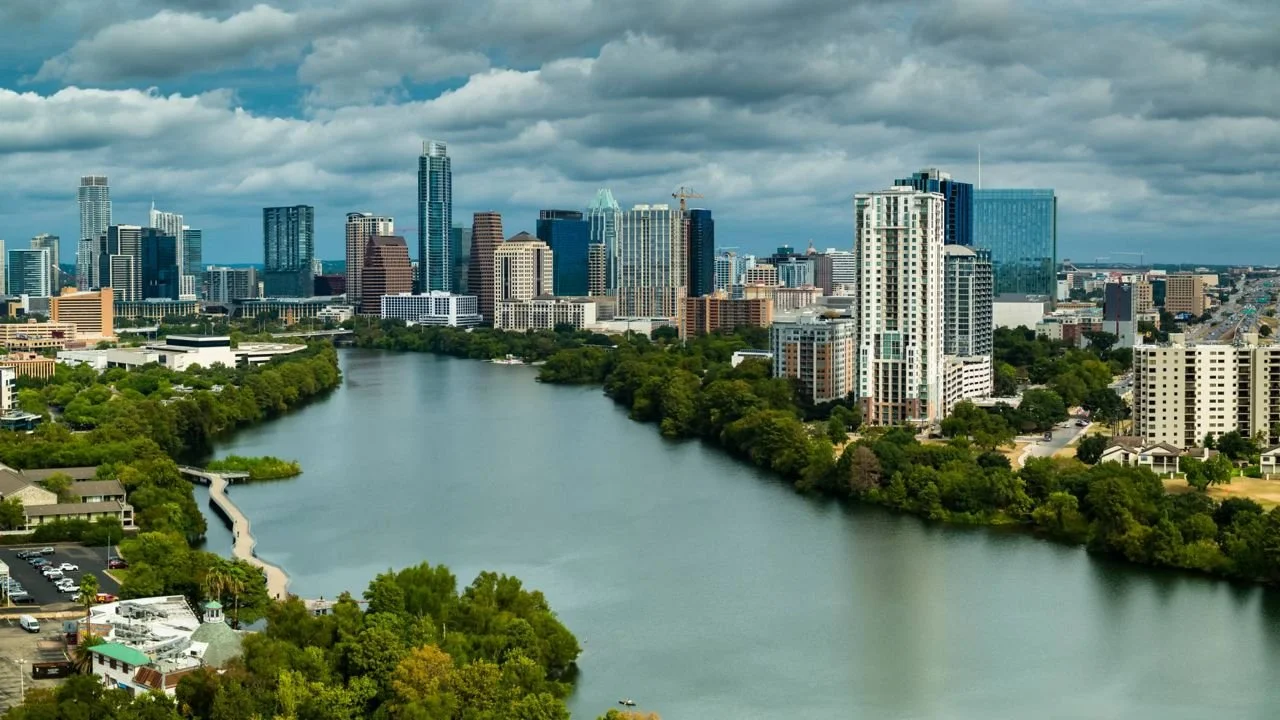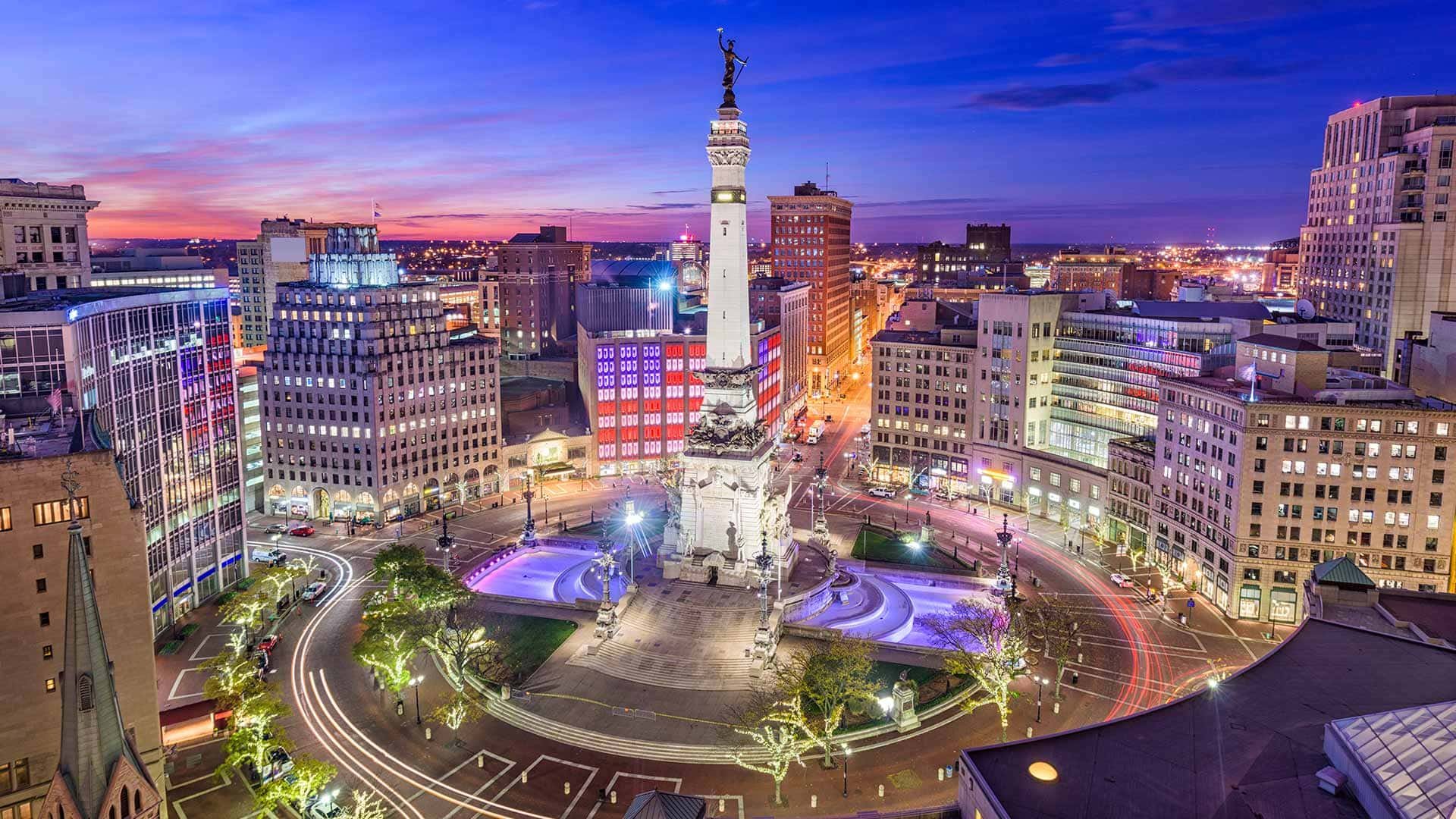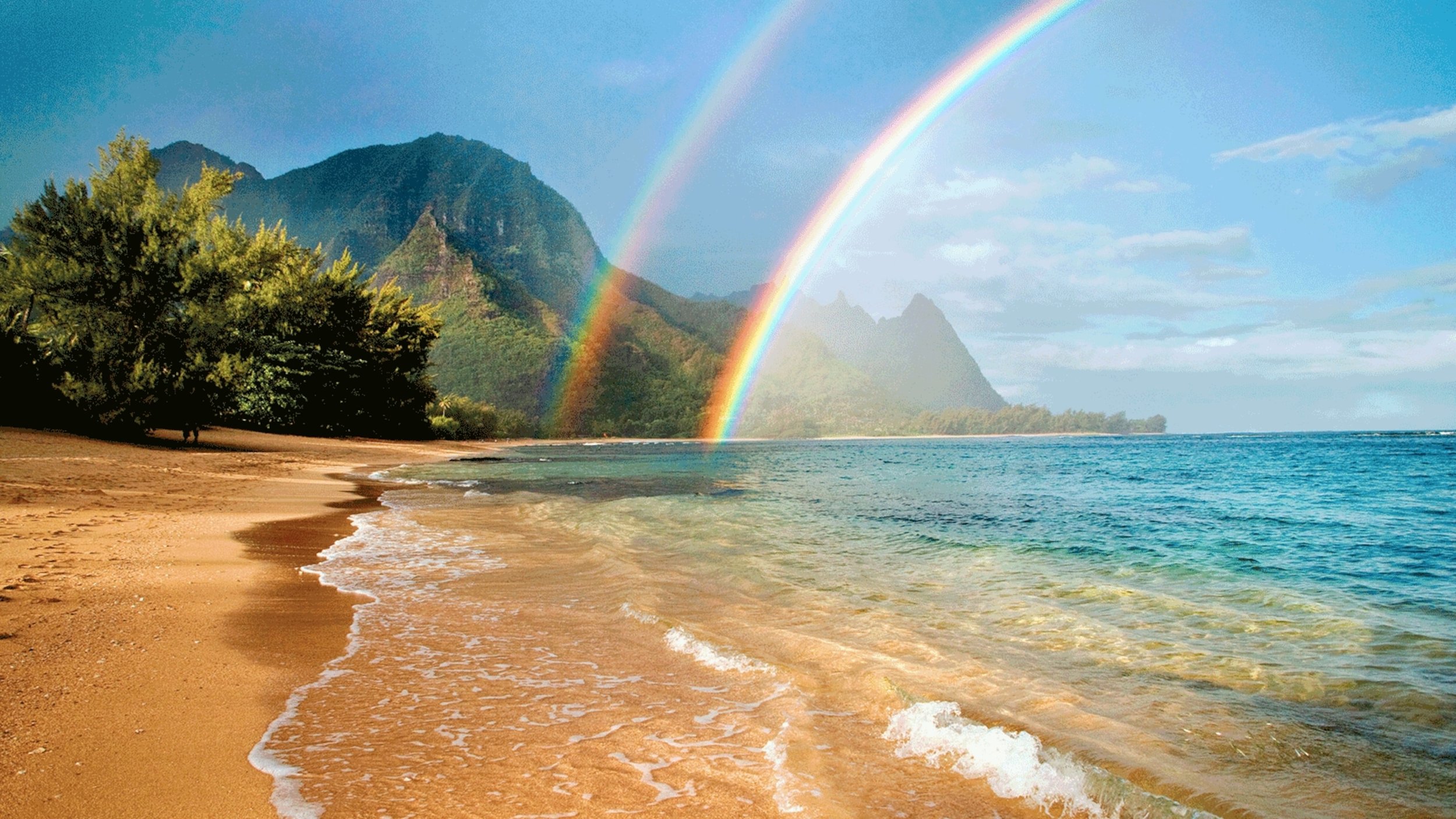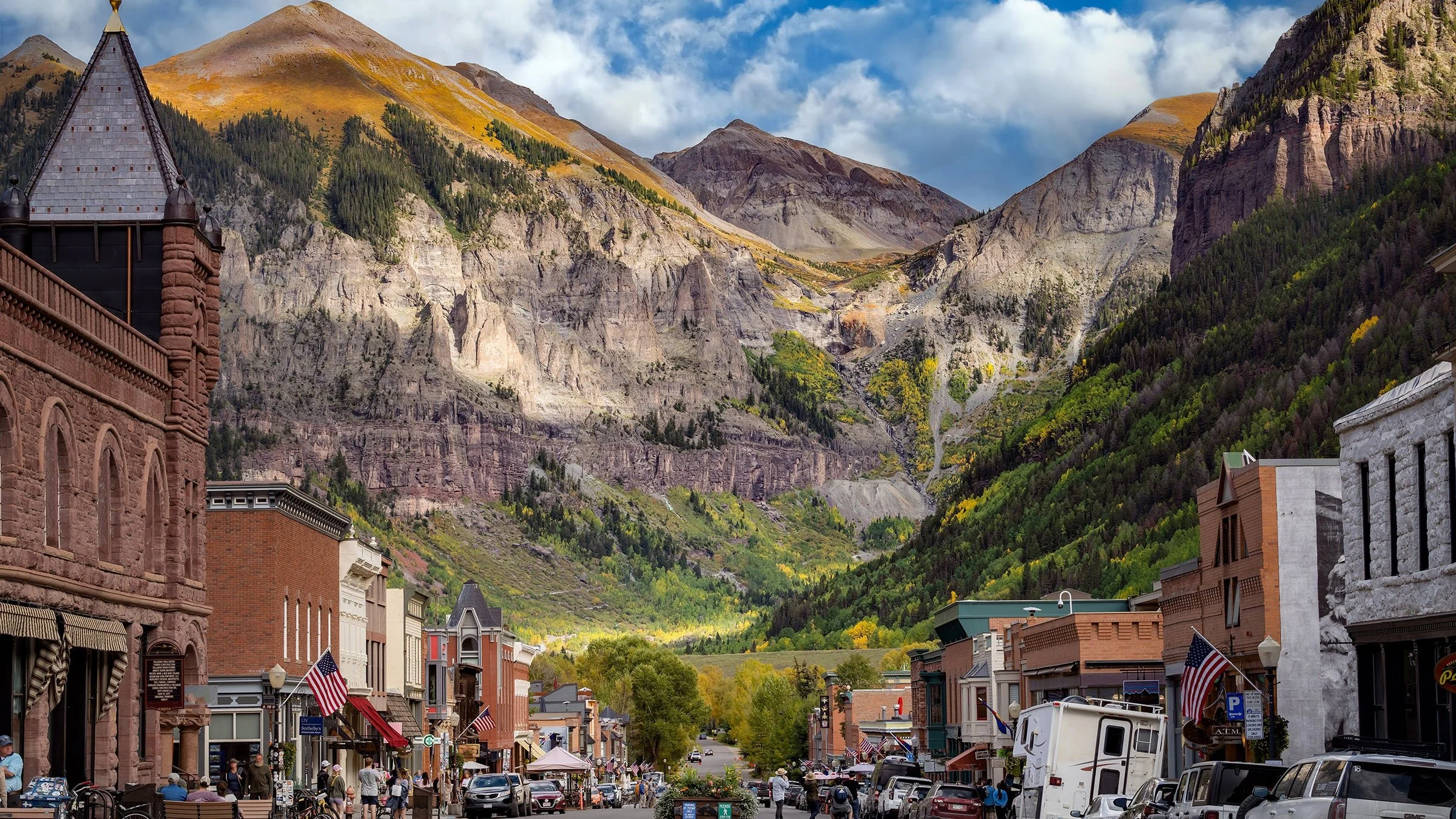Best States For Off Grid Living
Discover > Off Grid Living > Best States For Off Grid Living
Living off the grid may seem like a daunting and extreme lifestyle change, but with its many benefits, it’s becoming an increasingly popular choice for individuals and families.
Some of the benefits of living off-grid include being self-sufficient, reducing your carbon footprint, and living in an unspoiled natural environment. If you’re considering this lifestyle change, it’s important to be aware of the best states for off-grid living. In this blog, we’ll take a closer look at the best states for off-grid living.
Alabama
The concept of living off the grid has been in practice for centuries. The idea of accessing and utilizing renewable resources and harnessing the power of nature to be self-sufficient is not just Eco-friendly; it also liberates people from the conventional lifestyle that demands social conformity. With the advent of technology, going off-grid is no longer a challenge. People are now embracing simplicity, sustainability and seeking a new way to live a better life.
Alabama has a lot to offer for those looking to live off the grid. With an abundance of cheap, undeveloped land, Alabama offers opportunities for homesteaders to build and grow their own farms. Additionally, the state's mild climate means that residents can grow crops almost year-round.
Alabama is also home to several off-grid communities that focus on education, organic farming, and green technology.
Missouri
Missouri is a popular state for off-grid living due to its affordable land prices and lack of building codes in many rural areas. Homesteaders can easily build their homes and outbuildings without having to jump through hoops or pay fees for permits.
The state is also rich in natural resources, including streams, forests, and fertile land. Missouri is also home to several off-grid communities, such as Dancing Rabbit Ecovillage, a community that lives in harmony with the environment and practices sustainable living.
Georgia
Georgia is another great state for off-grid living due to its mild climate and abundance of natural resources. The state has a diverse landscape, ranging from coastal plains to rugged mountains, which allows residents to grow a variety of crops and raise livestock.
Georgia is home to several off-grid communities and many self-sustaining communities that focuses on organic farming and renewable energy.
Tennessee
Tennessee is known for its mild winters, hot summers, and picturesque countryside. The state is one of the cheapest places to live in the United States, and it ranks among the top states for renewable energy, making it an excellent location for off-grid living.
Tennessee is rich in natural resources such as timber, water, and fertile soil, which can help homesteaders become self-sufficient. The state has also enacted legislation that supports off-grid living, such as the "Freedom to Farm Act." This law allows people to live off the grid if they produce at least 50% of their own food and don't create waste or sewage.
Texas
Texas is the second-largest state in the US and offers a lifestlye that's both sunny and rural. The state has a diverse landscape, from dry desert to lush forests, and its warm climate offers plenty of sunshine, ideal for homesteaders who want to harness solar energy.
Texas is also rich in oil and gas, and the state government provides incentives such as tax breaks and rebates for renewable energy users. There are no building codes in more rural areas and no restrictions on septic tanks, making it easier for homesteaders to set up their off-grid homes.
Louisiana
Louisiana is known for its delicious food, lively music, and humid subtropical climate. The state has a diverse landscape with swamps, bayous, and beaches, great for fishing and hunting. It also has a reputable health care system. Its mild winter weather makes it an excellent location for those seeking year-round warmer temperatures, and it is perfect for growing crops all year round.
According to the US Energy Information Administration (EIA), Louisiana ranks tenth in the country for renewable energy production, making it easy to find the resources necessary for off-grid living.
Indiana
Indiana offers a temperate climate, abundant natural resources, and low cost of living compared to other states. It also has a low population density, which means there are ample rural areas to choose from if you’re in the market for off-grid property.
Indiana has a moderate climate with hot summers and cold winters, making it ideal for growing crops and raising livestock year-round. With an abundance of water resources, such as rivers and lakes, harvesting rainwater and building your own well can be viable options. The state currently does not have any special regulations for living off-grid, which makes it an ideal state for those looking to embrace this lifestyle.
Hawaii
Hawaii is the ultimate off-grid paradise with year-round warm weather, endless miles of beaches, and abundant freshwater supplies. However, living off-grid in Hawaii can be challenging due to its remote location, high cost of living, and difficulty in obtaining land.
If you decide to take on this challenge, solar power is a must, as it is the most feasible source of reliable energy for off-grid living on the islands. Hawaii has strict building codes and regulations, so consulting with local experts is essential before building your own home or cabin. Despite these challenges, the beauty and serenity of Hawaii make it a dream destination for off-grid living enthusiasts.
Colorado
If you’re looking for a state that offers vast natural landscapes, abundant sunshine, and potential breeding ground for Rockies, Colorado is the perfect fit. The dry climate of the state makes it perfect for solar panels, and the abundance of national forests and open land make it possible to harvest resources sustainably. Depending on the location you choose, water can be either abundant or scarce, but Colorado’s traditional farming techniques will always come in handy.
Colorado has clear regulations and plenty of helpful resources for those looking to embrace an off-grid lifestyle, making the process easier for new homeowners.
Arkansas
Arkansas has a mild, humid climate, with plenty of rainfall throughout the year, making it an excellent state for those who want to build a sustainable farm or homestead. Land prices are budget-friendly, and there are lots of seasonal fruits and vegetables to grow, as well as livestock to raise.
In addition, Arkansas has ample resources available for those looking to transition to off-grid living, including a lack of zoning restrictions in most rural areas in the state. The state also receives plenty of sunshine every year, making rooftop solar systems a viable option for powering your home.
Other States To Consider
While Alabama, Missouri, and Georgia are great states for off-grid living, there are several other states worth considering. These include Oregon, which has a large community of off-gridders and easy access to natural resources, and California, which is known for its sustainable living practices and strong homesteading community.
Oregon is one of the most prominent states dominating the off-grid scene in the USA. With over 70,000 off-grid homes currently, it has emerged as the most viable solution to integrate with nature and enjoy complete autonomy. The state has a pleasant climate throughout the year, and you can look forward to a green conception of living here. It has been a key state providing incentives to support off-grid living for the last couple of years.
If you're looking at a sustainable lifestyle, California provides for off-grid living at its best. The state has an excellent rating system which started in 2018. Besides the incentives, the state boasts of its off-grid infrastructure, which is creative and innovative. California's off-grid enthusiasts have showcased unique heating solutions using renewable technologies and are leading the way in solar energy storages.
Factors To Consider
When considering a state for off-grid living, there are several factors to keep in mind. These include access to natural resources, access to healthcare and emergency services, proximity to a city or town for supplies, availability of water sources, and the state's laws and regulations on off-grid living. Make sure to thoroughly research any state you're considering before making the move off the grid.
The ideology of living off the grid has been around for centuries, and while the concept may seem daunting, many find it gratifying. Living autonomously and being self-sufficient is an exercise not only in sustainability, but also in responsibility. With the benefits of going green and the opportunity to live life differently, you never know what you will discover unless you go and try.
Conclusion
Regardless of where you decide to settle, it’s important to do your research, consult with experts, and consider the climate, resources, and regulations that come with each state.
Off-grid living is not for everyone, but for those who embrace this lifestyle, it can be a rewarding and sustainable way of living. The states highlighted in this blog all have their unique benefits and drawbacks, so consider all aspects before making a decision. Happy off-grid living!
#live off grid #low property taxes #property tax #off grid community #electrical grid #state income tax #lowest property taxes #zoning laws #natural disasters ##sales tax #new mexico #own electricity












